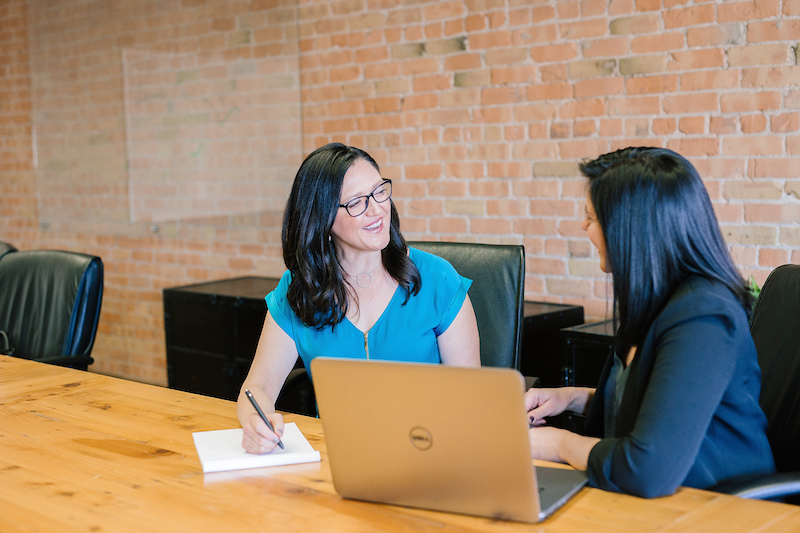Belfast's Leading Mortgage Advisors
Award-winning, mortgage and insurance advice
Taking the hassle out of mortgage and insurance
+
Years Experience
+
Satisfied Clients
Experienced Advisors
Flexibility For You
We work to your schedule, including early morning, evening and weekend appointments.

Free Consultation
Speak to one of our experienced mortgage advisors for free initial advice - you’ve got nothing to lose.
Mortgage Lenders
We have access to over 60 mortgage lenders and hundreds of products to ensure the best deals for you.

About Us
Crawford Mulholland Financial, founded in 2017 aims to be Northern Ireland’s leading mortgage and insurance advice firm. With over 50 years of combined experience, serving more than 10,000 clients and facilitating over £1 billion in lending since inception, we’ve helped over 7,500 individuals secure their dream homes and protected over 2,500 families with life, critical, income, and home insurance. Recognized with a Net Promoter Score of over 95%, we tailor comprehensive solutions to meet your specific needs, ensuring the best possible outcomes for your mortgage and insurance requirements.
Step 1
Compare
Compare mortgage rates, considering monthly payments, interest rates and annual percentage rate.
Step 2
Qualify
Check your credit score, and gather the necessary paperwork - we will advise you on what is required.
Step 3
Apply
We will manage your official mortgage application and let you know when it has been approved.
Our Company Values

Inspiring For Excellence
At Crawford Mulholland, we strive for excellence in everything that we do. We are inspired to continually raise the bar and exceed our clients’ expectations with our expertise and quality mortgage advice. From customer service to nurturing a positive work environment with opportunities for personal development, excellence is what we aspire to.
Putting The Customer First
Our customers are the heart of our business - that’s why you come first. We understand the stresses and frustrations that can come from navigating the world of mortgages and insurances and work hand-in-hand with each customer through every step of the process. From breaking down jargon and providing tailored advice, to offering the flexibility to work to your schedule, we go the extra mile for each and every customer.
Integrity
At Crawford Mulholland we believe that integrity is the foundation of a successful business. Each member of our team acts with honesty and transparency, ensuring that each of our clients has complete trust in the mortgage and insurance advice we provide.
Our Services
Based in Belfast, we are a team of experienced and expert advisors who specialise in mortgages, protection, and general insurance for customers across Northern Ireland.
Our services include mortgage advice for first-time buyers, remortgagers and professionals; and insurance policies such as life insurance, contents insurance and critical illness cover.
Mortgage Advice
Whether you’re a first-time buyer or a homeowner exploring your options, searching and applying for a mortgage can be an overwhelming process.
At Crawford Mulholland, we offer qualified mortgage advice and work with you to make finding the right mortgage straightforward and stress-free.
Insurance Protection
Bad things happen - and in the unfortunate event that something happens to you, it's important to ensure that you and your family are financially secure.
Give yourself peace of mind and reassurance for the future by speaking with our insurance experts at Crawford Mulholland.


